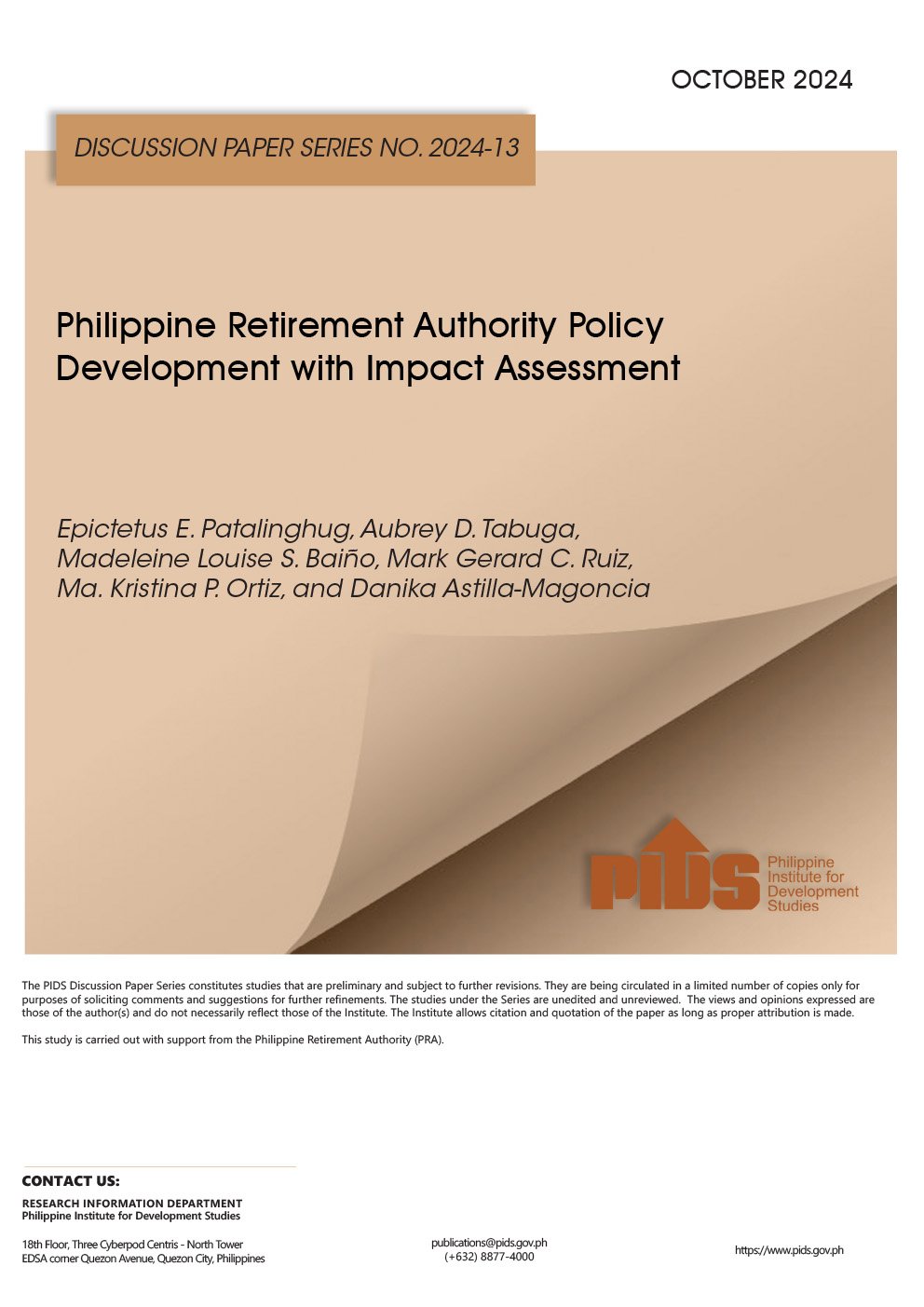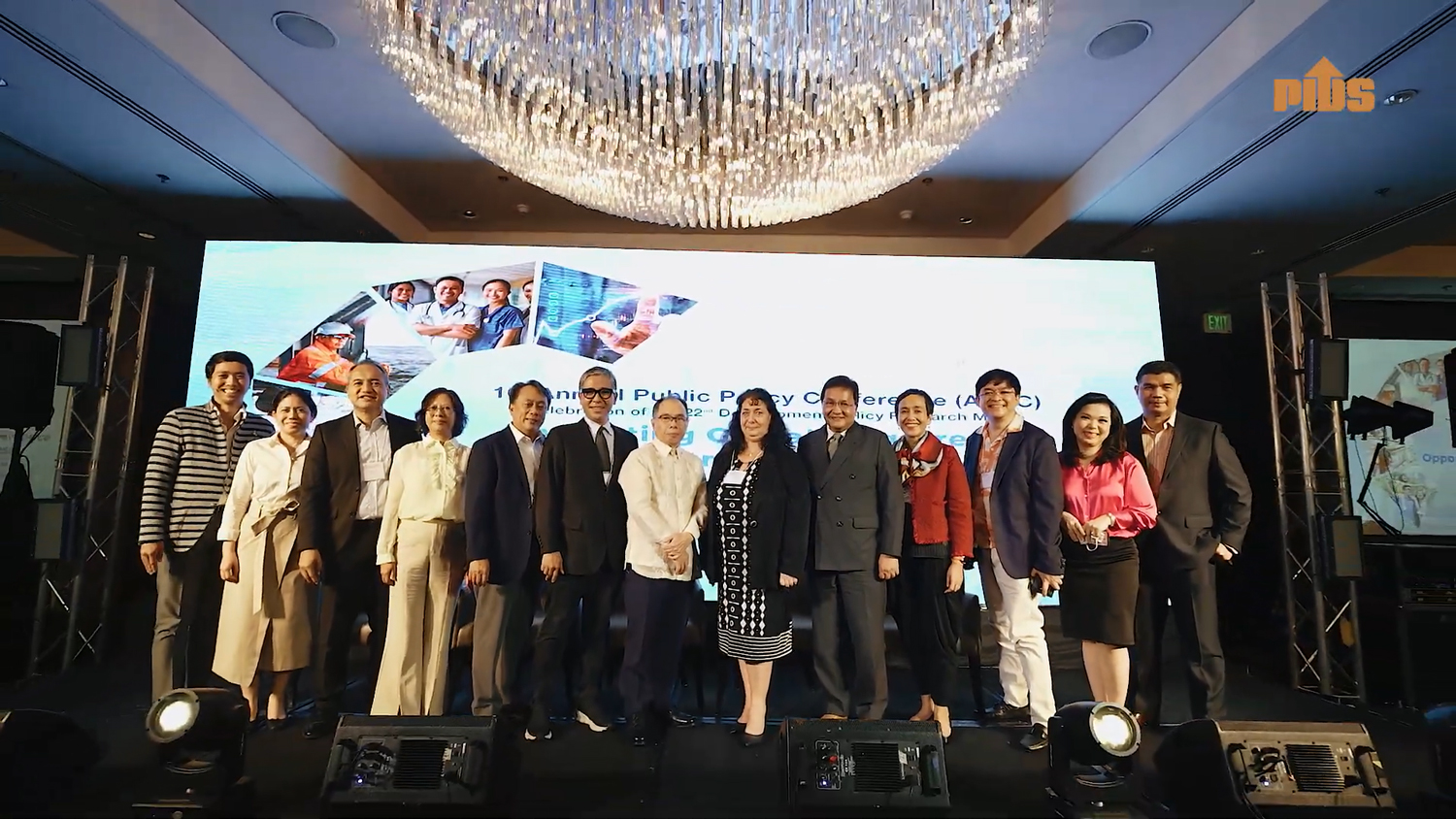MANILA, Philippines — The National Economic and Development Authority (NEDA) is urging the effective use of public-private partnerships (PPP) in spurring innovation in the delivery of public services.
In a keynote speech delivered during the 6th Annual Public Policy Conference of state think tank Philippine Institute for Development Studies (PIDS) yesterday, Acting Socioeconomic Planning Secretary Karl Chua said the government needs to “recalibrate” systems and processes to “suit the demands of the new normal.”
“This entails using new technologies in developing tools that can make the delivery of public services more effective and efficient,” he said.
With limitations in government resources, he said strategic partnerships with the business sector, academe and the scientific community must be cultivated.
“Effective public-private cooperation in technology generation, testing, polishing and transfer are crucial to make governance innovation happen especially in the new normal,” said Chua.
Efforts are underway to digitalize government services to improve the delivery of services and support social distancing measures amid the pandemic.
The proposed E-Government Act, for instance, seeks to institutionalize the transition of government agencies toward electronic transactions.
The measure mandates the establishment of an integrated, interconnected and interoperable information and resource-sharing and communications network spanning the entirety of the national and local governments, an internal records management information system, information database and digital portals for the delivery of public services.
The proposed law also mandates the digitilization of paper-based workflows to make government functions more efficient.
Chua said introducing innovation in the provision of public service would require the cooperation of agencies as they undergo digital transformation.
“The development and diffusion of innovation across the bureaucracy cannot take place if people are working in silos,” he said.
The Department of Information and Communications Technology (DICT) will also be mandated to harmonize all national ICT plans and initiatives to ensure knowledge, information and resource-sharing, database-building and agency networking linkages among agencies, consistent with e-government objectives.
The bill also provides for the establishment of the Integrated Government Network (IGN), which will act as the primary means for the sharing and communication of resources, information and data on digital and electronic platforms across all of government.
The establishment of the e-government system remains challenged by a wide digital divide and inadequate information and communications technology (ICT) infrastructure, areas where the private sector can step in.
“Building strategic partnerships with the business sector, academe and the scientific community is an effective way to address resource constraints and tap the wealth of ideas, technologies, expertise, and networks that reside outside of government,” said Chua.












